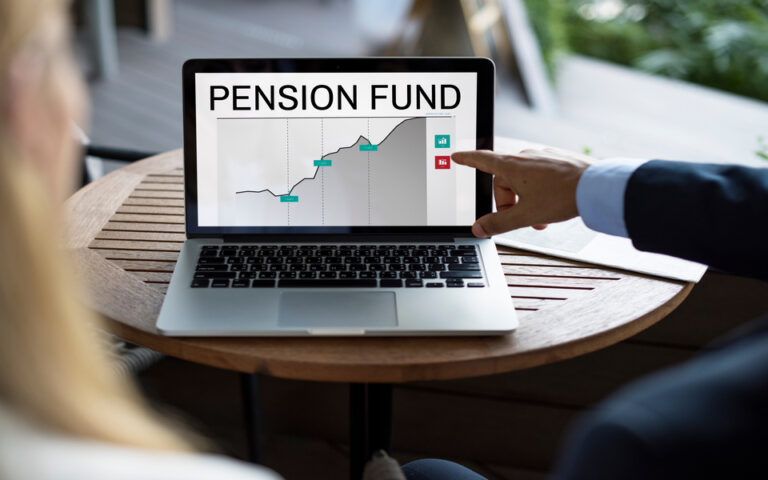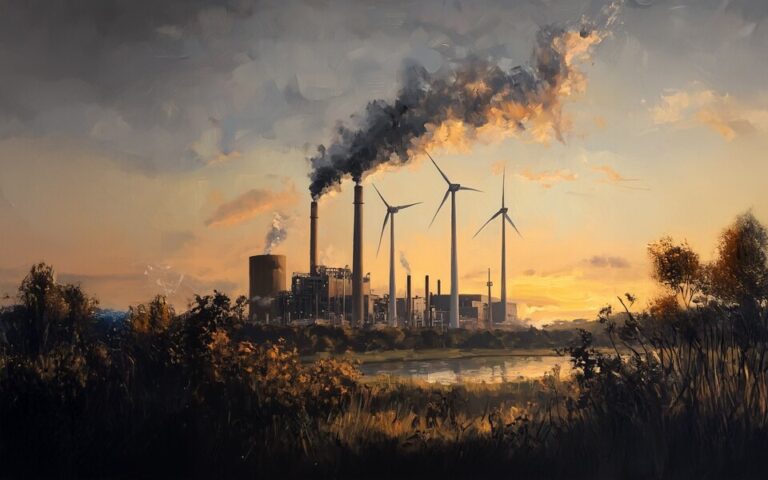This article was first published in the Financial Mail on 11 September 2025.
In 2023 the World Coal Association rebranded as FutureCoal: The Global Alliance for Sustainable Coal.
This year, FutureCoal is rolling out a “Fund Fair. Fund Equal” campaign, urging global financial leaders to rethink policies which exclude or limit financing for thermal coal (the coal used in power stations to generate electricity, as opposed to metallurgical coal, which is primarily used in steel production), and “to be bold, informed and united in ensuring that this vital resource continues to serve the global community responsibly and effectively”.
This campaign, like FutureCoal’s website, is a marvel of spin. It makes extraordinary claims about the “sustainability” of coal, including that “available advanced technologies” such as carbon capture and storage (CCS) can “reduce emissions by 99%”.
FutureCoal’s website claims that “our facts are based on exhaustive research and the latest science”. Mysteriously, however, that exhaustive research appears to have overlooked the abundance of studies demonstrating that CCS is not commercially viable at scale, with virtually every large-scale carbon capture project worldwide having failed or underperformed.
FutureCoal also apparently believes that its “sustainable coal stewardship” framework will magically address the myriad environmental and social problems caused by mining and burning coal.
But when dealing with a dying industry frantically trying to prove its relevance, it is pointless to counter such claims with evidence. Perhaps it is more useful to compare the predicament in which the coal industry now finds itself to that of the horse economy of the early 20th century.
In the late 1800s, the US economy revolved around horses. Horse-related employment included everyone involved in breeding, rearing, riding, driving, grooming and medically treating horses, carriage manufacturers and repairers, blacksmiths, wheelwrights, farriers, street cleaners, stable cleaners, saddlers and feed merchants. The horse economy also encompassed the vast agricultural industry necessary to grow the enormous quantities of food horses consumed.
Hundreds of thousands of people were employed in these businesses. By 1890 in the US alone there were an estimated 368,000 teamsters (the people who drove teams of horses), as well as thousands of companies making horse-drawn carriages and the equipment and decoration they required.
The emergence of the affordable automobile represented an existential threat to all these livelihoods, and the horse economy fought back, in an effort that a modern-day PR agency might brand “FutureHorse”.
Horse industry associations and guilds lobbied lawmakers to introduce regulations which favoured horses and restricted the use of cars. They ran anti-car ads to warn about the dangers of automobiles, citing their ability to frighten horses and cause accidents. Horses were promoted as safer, more reliable and more tameable than cars.
Today in coal-based economies such as South Africa’s, we are similarly bombarded with prophecies of doom about the demise of the coal industry, with incumbents warning of economic and social catastrophe if we move “too quickly” towards renewable energy systems.
Simultaneously, we are exhorted to believe that coal’s reliability is indispensable (the old “baseload power” argument) and — as FutureCoal also claims — that this dirtiest and deadliest of fossil fuels can be transformed into something clean and sustainable.
It is the “clean coal” arguments that really betray the industry’s desperation. Despite decades of promises from the coal industry, there is no proven, affordable technology that comes close to eliminating the deadly pollutants and greenhouse gases emitted when coal is burned.
Ask a “clean coal” evangelist why, if this is a viable and affordable proposition, all of South Africa’s coal-fired power stations — including the “modern” Medupi and Kusile — are still belching out millions of tons of CO₂ as well as deadly sulphur dioxide, nitrous oxide and particulate matter.
The transition from horse-drawn transport to cars was drawn-out, contested and convoluted, just as the energy transition is proving to be. It also created many serious problems of its own, and this, along with the need to mitigate the impact of job losses, is something we must be alert to in the transition to renewable energy systems.
However, the automobile industry transformed economies, created millions of new jobs and supported the emergence of entirely new and previously unforeseen commercial activities, such as the consumer credit boom, which enabled people to pay off car purchases over time.
It is similarly hard to fully appreciate all the new opportunities that will emerge as we are freed from our reliance on fossil fuels. However, the direction of travel is inevitable, and the best the likes of FutureCoal can achieve is to slow us down. But the fightback is in full swing, emboldened by the rise of fact-free discourse across the globe. Don’t fall for the spin.






